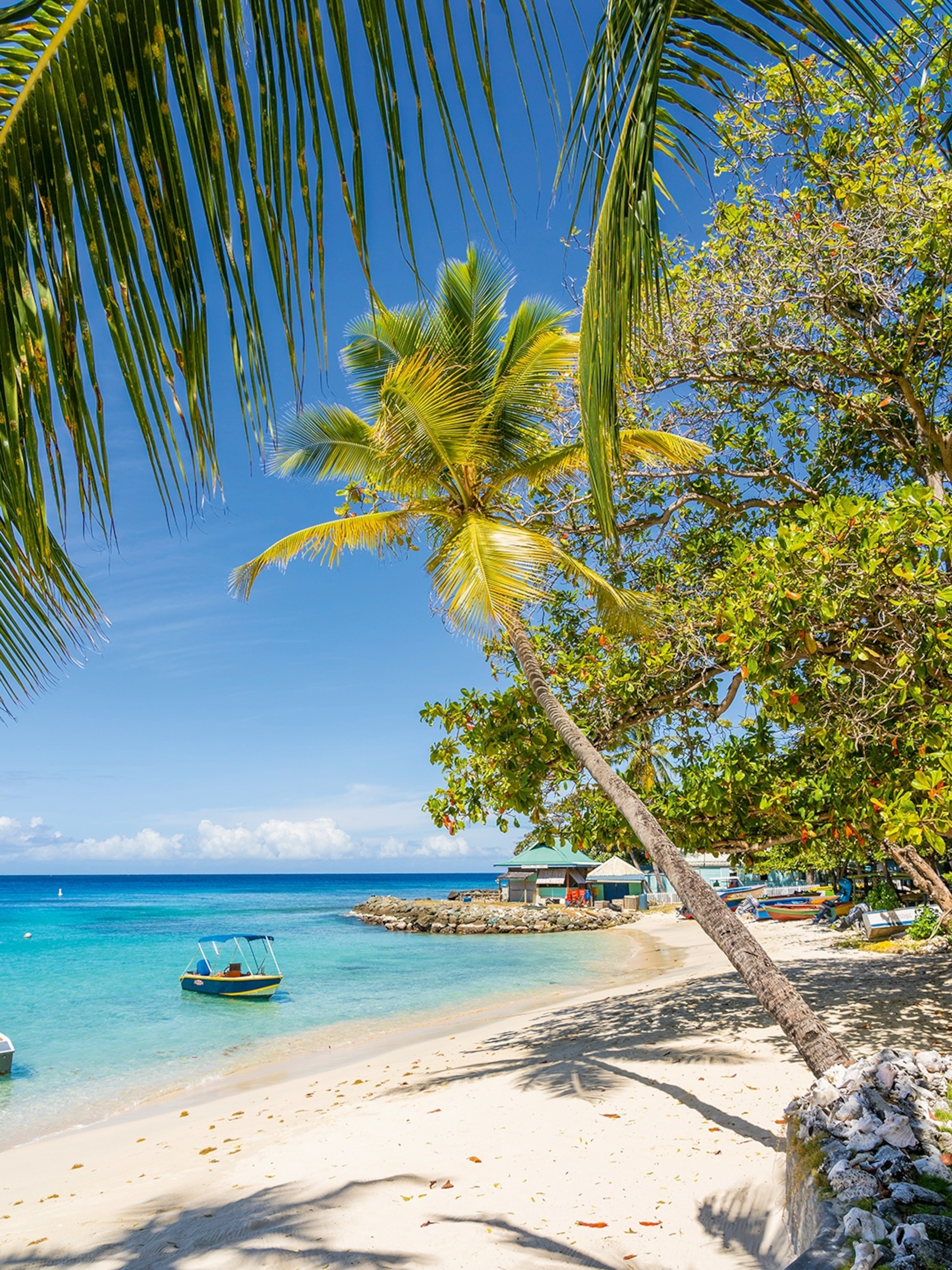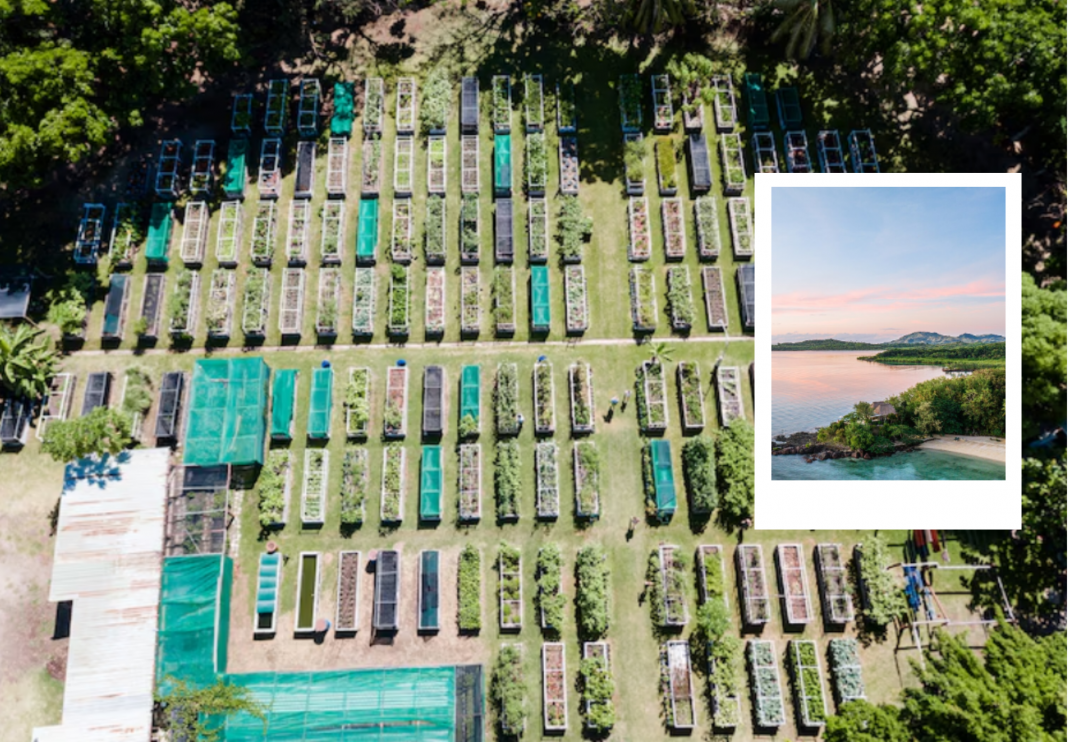Fiji, a postcard-perfect archipelago of sun-kissed beaches and turquoise waters, has long been a dream destination for travelers seeking an escape to paradise. However, a growing number of resorts on the islands are changing the very nature of a luxury vacation. They are moving beyond simple eco-friendly practices to actively involve guests in marine conservation, turning a simple holiday into a meaningful, hands-on experience. From planting coral to monitoring marine life, these hotels are creating a new model of sustainable tourism where visitors leave not only with a tan, but with a deeper connection to the environment. This innovative approach to hospitality is transforming travelers into active participants in the preservation of Fiji’s precious and delicate marine ecosystems.
From Guests to Guardians: The Coral Reef Restoration
Fiji’s vibrant coral reefs, a key draw for tourists, have faced significant threats from climate change, ocean acidification, and unsustainable fishing practices. In response, many resorts have launched ambitious coral reef restoration programs, and they are inviting guests to play a direct role in the effort. At resorts like the Laucala Island Resort and the Outrigger Fiji Beach Resort, guests can participate in guided sessions led by marine biologists. The program involves a number of steps, beginning with guests learning about coral biology and the importance of reef ecosystems.

After the educational component, participants are given the opportunity to help cultivate new coral. The process involves attaching small coral fragments to a “coral frame,” a structure that will eventually be placed on the ocean floor to grow into a new reef. This hands-on activity provides a tangible sense of contribution and allows visitors to see the immediate impact of their actions. It transforms a snorkeling trip from a passive observation into an active part of a crucial conservation project, leaving guests with a sense of purpose and a deeper understanding of the fragile marine environment.
The Power of Education and Citizen Science
Beyond coral planting, these conservation-minded resorts are also turning guests into citizen scientists. They are equipping visitors with the knowledge and tools to help monitor and protect the local marine environment. At resorts such as the Six Senses Fiji, guests are given a guided tour of the marine ecosystems, learning about the local fish species, invertebrates, and the threats they face. The educational component is designed to be engaging and accessible, inspiring a sense of wonder and curiosity about the ocean.

Many of these resorts have dedicated marine biologists on staff who lead these programs. They guide guests on snorkeling and diving trips, teaching them how to identify different fish and coral species and how to report any signs of environmental distress. This approach fosters a sense of stewardship among visitors, who leave the resort with a newfound appreciation for the marine world and the skills to contribute to its preservation. It’s a powerful way to leverage tourism for the greater good, turning a commercial transaction into a force for positive change.
Mangrove Planting and Coastal Restoration
Conservation efforts in Fiji are not limited to the coral reefs. Many hotels are also focusing on the preservation and restoration of coastal ecosystems, particularly the vital mangrove forests. Mangroves act as natural barriers against coastal erosion, provide a habitat for marine life, and play a crucial role in carbon sequestration. However, they have been threatened by coastal development and rising sea levels.

To combat this, resorts are engaging guests in mangrove planting initiatives. Programs at places like the Nanuku Resort invite visitors to join local communities in planting new mangrove seedlings. This activity offers a unique cultural exchange, as guests work alongside local Fijians, learning about the importance of mangroves to the community and the environment. It’s a simple yet powerful way for guests to give back to the land and to support the local community, creating a more meaningful and immersive travel experience that goes beyond the typical resort stay.
A Model for Sustainable Tourism
The initiatives being led by these Fijian hotels are more than just isolated projects; they are a model for the future of sustainable tourism. They demonstrate that luxury and environmental responsibility can not only coexist but can enhance one another. By offering guests a hands-on role in conservation, these resorts are tapping into a growing desire among travelers for more meaningful and purpose-driven vacations. The experience of planting coral or restoring a mangrove forest creates a deeper, more lasting memory than a simple day at the beach.

This new model of hospitality is a win-win for everyone involved. The hotels gain a competitive edge by appealing to a new generation of eco-conscious travelers. The local communities benefit from the protection of their natural resources and the cultural exchange with visitors. And the guests leave with a powerful sense of accomplishment and a deeper connection to the paradise they visited. This innovative approach proves that tourism can be a powerful tool for conservation, turning a simple vacation into a force for positive change.



